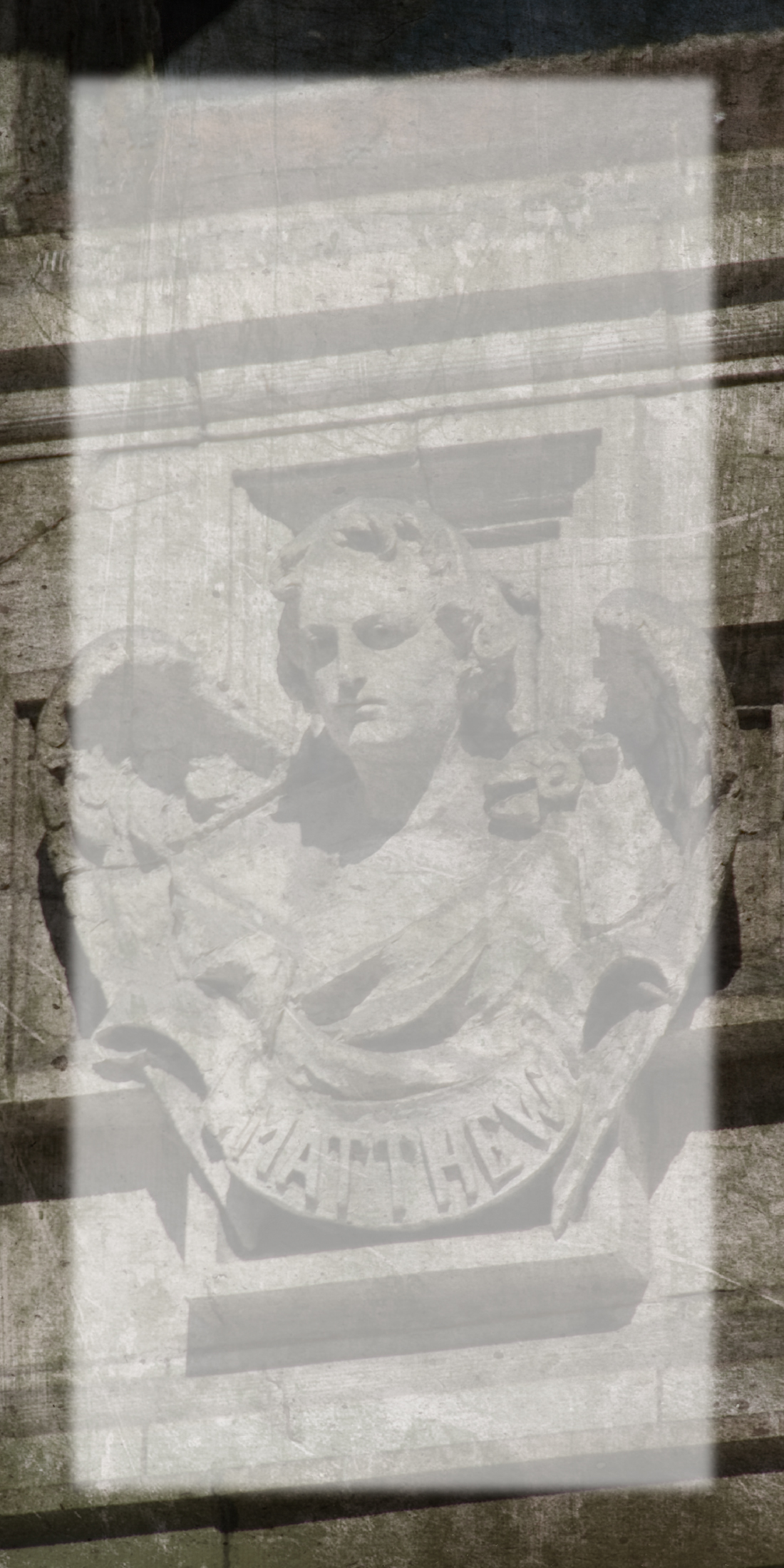This is remarkable and unprecedented in Greek and Roman poetry: the lover would be bound not by the supposedly immutable law of death and afterlife but by the stronger (for him) law of love. He will be obedient to his lover, even if it means (which is impossible, taking the Greco-Roman world view literally) being disobedient to the laws of Jupiter, the three Fates who weave, measure and cut the threads of our lives, and Hades, whose power, like that of all leaders, comes from his constituents. It should be noted that there is a typically Propertian murkiness in the syntax of these last four lines as well. Even though the sense is understandable, a momentary blurring of subjects adds to the visual picture of a place in shadows, where all is not clear. The “he” who sees the gloomy sails at first, syntactically, seems to be the oarsman; it is only at the word puellae in the Latin, the last word in line 15 of this 16-line poem, that we realize the identity of the lover, from the beginning of line 11, has been re-instated as the subject of the last few lines of the poem.
The final word of the poem in the Latin, iter, translated here as “journey,” is a significant word for Propertius, carrying the connotations in various poems of a life’s journey, a day’s or night’s passage, or of a transformation. The tenth poem of Propertius’ third book, on the occasion of his girlfriend’s birthday, also has iter as its final word:
When the time
has passed with many drinks,
and attendant
Venus introduces night’s sacred rites,
let us observe
the annual solemnities in our bed,
and let us carry
to the end your birthday journey.
(3.10.29-32)
I think it was
the idea of a journey, or transformation, such the two hinted at in poem
2.27 (the journey to the afterlife, and the journey back), that were in
my mind when I wrote section XVI of my poem, “Barge.”
“Barge” began
with the idea that I wanted to do a collaboration with an artist. I had
been looking over the Hudson River towards New Jersey in the area of
Manhattan in the 20s and become enamored of the vision of nature that
one can find there. There is so little nature in Manhattan, that the
artist who wants to paint or write about nature must find it in narrow
vistas or expanded glimpses. At the river, I could gaze for hours at
untrammeled water; even the actions of boats and helicopters seemed to
be part of a less structured urban life. In particular, I became
obsessed with those heavy, flat vessels used to transport large
containers and huge piles of grain. Their slow-moving choreography
seemed at once ancient and modern; I fixed on the title, “Barge.”
I liked that
“barge” could be a verb as well as a noun, a verb whose bruskness I
welcomed as an organizing principle. This wasn’t going to be a
well-behaved or logically thought out affair. It would allow for all
kinds of unruliness, rudeness, and impromptu spasms of thought and
vocalization. The poem was written during a period of two and half
years, ending in August of 2006, in a variety of locales on different
continents. The first sections set the stage for spatial and verbal
experimentation, and the later sections, although they arrive in
different formats, are not quite formal. Form is an expediency, to
arrive at a different mode of expression, rather than a goal.
I often like to write my poetry in
“frames.” I think of frames as temporal limitations; often an afternoon
will serve. I begin accumulating observations and word combinations,
attempting to remain somewhat aloof in terms of controlling either. I
have found that within the frame I have set, in the stream of seemingly
random occurrences, inevitably something will occur that sets the tone
for the that segment of time. Sometimes, the frame is much longer. In
1990-91, I kept a notebook, an edited version of which was eventually
published, in 1998, as the book, Pearl
(powerHouse). In those poems, I found myself writing often late at
night, after returning home from an evening’s events, and again,
attempting a kind of poetry that left the decision-making to the
non-logical part of the brain. In the Spring of 1991, the poet James
Schuyler, who had been significant to me both personally and poetically,
died. In my by-then accustomed mode, I responded to his death in
poetry. One of the poems about Schuyler, “Pearl,” a reference to Janis
Joplin’s last album, which Schuyler loved, became the central tone to
the notebook and book.

